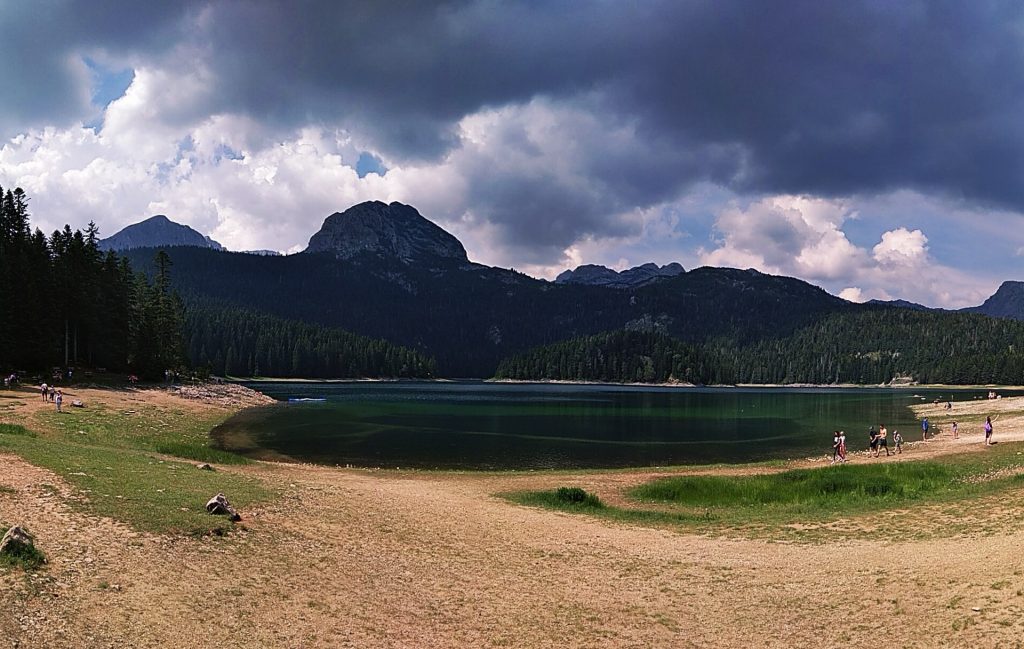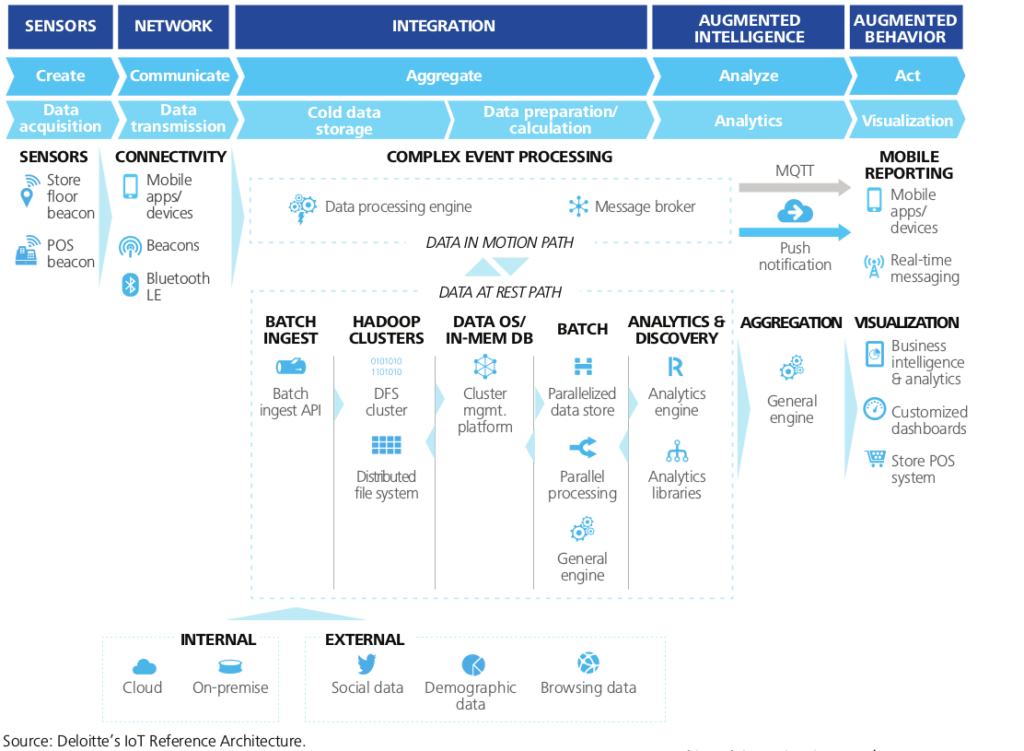About Project
Air pollution affects nearly everybody. Regarding World Health Organization about nine out of ten individuals breathe contaminated air. A major cause of bad health in rural areas is household air pollution emissions in conjunction with emissions from agriculture and forest fires. Children, women, the elderly, the chronically ill, and other vulnerable groups living in developing countries frequently face the highest pollution levels and are exposed to the most risk due to the polluted environment. The good news is that strategies that reduce emissions can benefit health immediately as well as mitigating climate change, creating many win-wins for public health, development and the planet. To combat the global air pollution crisis, improve public health and reduce climate change, World Health Organization suggested urgent actions at national, regional and urban levels. Since air pollution is the leading environmental hazard, importance of ecological and air quality monitoring is shown in actions of the most respectable world organisations:
- The World Health Organization sets global Air Quality Guidelines (see link), based on scientific evidence about air pollution exposure, health risks and interventions, and works to build health sector capacity to assess health risks from air pollution and provide leadership for policies that reduce those risks.
- United Nation Agencies support governments to formulate and take action to enhance air quality and share collected air quality data, through supporting air quality monitoring and assessments, capacity building in a wide range of key sectors and industries that impact air quality, awareness raising, in addition as reinforced cooperation, partnerships and exchange of fine practices.
- The World Meteorological Organization provides expertise on the relationship between air quality and weather, climate and other environmental factors, and works at enhancing the capabilities of countries to observe and operationally forecast air-quality.
- The Climate and Clean Air Coalition provides its implementing capacity, its scientific expertise and its network of partners and stakeholders in order to support actions to prevent and address air pollution consistent with climate action.
Ecological State

In the period since Montenegro declared as an ecological state, a number of plans, strategies and legislation acts regulating the area of environment protection were adopted in Montenegrin Government. In addition to the constitutional provisions, over the past period, especially in the last ten years, several law acts have been adopted with aim to regulate certain areas of the environment protection. The majority of these acts are in full or in part harmonized with the European Union legislation, or with its Chapter 27, which is a legal act in the field of environment. Montenegro has adopted, among other things, the following regulations which are, to a large extent, harmonized with the relevant European Union directives: the Environment Law (2008); Environmental Impact Assessment Act as well as the Environmental Impact Assessment Act (2005); Law on Integrated Prevention and Control of Environmental Pollution (2005); Law on Air Protection (2010); Nature Protection Act (2009); and many others. Montenegrin National Council for Sustainable Development in its publication “Analysis of the Realities and Challenges of the Ecological State” pointed out some priority tasks in environmental development. Environmental planning policy promote sustainable development through reasonable spatial structure, balanced and polycentric urban system with provision of equal access to information and knowledge, rational management and protection of natural and cultural heritage. This Analysis also indicates that Montenegro has some serious hot spots from the point of view of air pollution, especially the large aluminium aggregate in Podgorica, as well as the iron industry in Nikšić. There are certain focal points of polluted air in urban areas. Sulphur dioxide and solid particles largely exceed national standards of air quality, leading to cases of respiratory problems in populations that are more common than average. There are no central heating systems in Montenegrin cities. During the winter, emissions of high sulphur fuel oil produced from individual households are a major problem for air quality in cities. Another significant source of air pollution is the use of leaded gasoline and high-sulphur diesel for motor vehicles.
Eco Monitoring
In terms of monitoring and reporting, there is a huge gap in monitoring and reporting air pollutants in low and middle-income regions. Strengthening capacities of cities to monitor their air quality with standardized methods, reliable and good quality instrumentation, and sustainable structures is key (see link). Specific measurements are needed to reveal how pollution affects different areas, and how community must respond to tackle the problem. Ecological data reporting has greatly increased across many parts of the world, but there are still huge gaps on the data map, leaving countless communities in the dark regarding their environment, and how to stay safe. The situation is even more challenging if we talk about real-time eco monitoring and environmental parameters data collection, which may improve the awareness about the environmental conditions.
Internet of Things
IoT is a modern concept that refers to the networking of physical devices, aka “smart devices”, with built-in electronics, sensors, actuators, software and connectivity, which enables the collection and exchange of data between the smart devices themselves, as well as the development of services for the end user.

This project would allow young researchers to conduct research, develop and test their ideas in a real-life environment using real-time data, which could lead to significant impact on the national and world-wide level. By development, evaluation, and piloting of their solution in an open lab IoT setup, they could test their creativity and applications that eventually may grow into sustainable start-ups or spin-off companies.
This project will give opportunity to professors and students to prove their capabilities for creation of innovative products and systems in the area of IoT and sensor networks. Systems that will be develop has diversified structure of potential users. It means users can be hotels, tourist agencies, national and local tourist organizations, NGOs in area of environmental protections, scientific institutions, Institute of Public Health, Ministry of Tourism and Environmental Protection, water factories, hydropower plants, etc.

